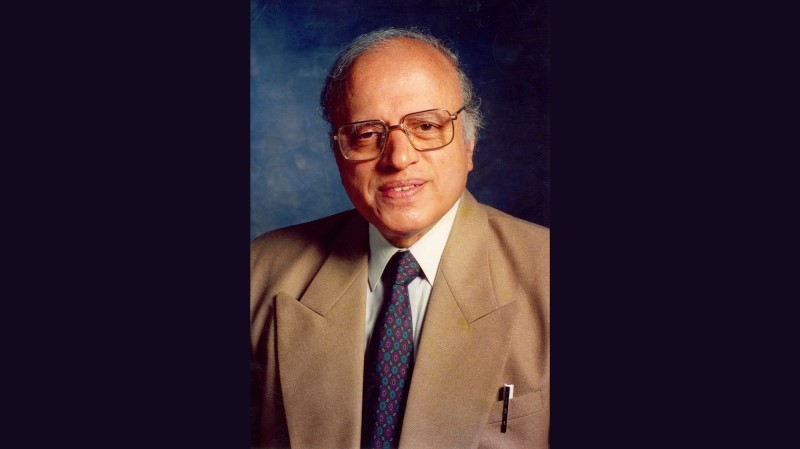Mankombu Sambasivan Swaminathan, renowned as the father of India’s Green Revolution, passed away on September 28, 2023 at the age of 98 in Chennai. Swaminathan was an agricultural scientist whose pioneering research on high-yielding varieties of rice and wheat in the 1960s helped transform Indian agriculture.
#BreakingNews | भारत में कृषि क्रांति के जनक और प्रख्यात कृषि वैज्ञानिक एम एस स्वामीनाथन का चेन्नई में सुबह 11.20 बजे निधन हो गया।#MSSwaminathan pic.twitter.com/u8da7t5RUD
— डीडी न्यूज़ (@DDNewsHindi) September 28, 2023
#WATCH | Dr Soumya Swaminathan, former Chief Scientist and former Deputy Director General at the WHO and daughter of MS Swaminathan, says, "…He was not keeping well for the last few days… His end came very peacefully this morning… Till the end, he was committed to the… https://t.co/n8B313Q2et pic.twitter.com/0BKDqqXbse
— ANI (@ANI) September 28, 2023
Revolutionary Contributions to Agriculture
Swaminathan’s groundbreaking work involved developing and introducing high-yielding, disease resistant wheat and rice varieties that could produce significantly higher yields per acre. This enabled India, then on the brink of mass famine, to greatly increase its food production and achieve self-sufficiency.
Swaminathan also promoted sustainable agricultural practices tailored to local conditions. His innovations enabled small, marginal farmers to adopt modern farming methods, improving productivity and incomes.
Pivotal Leadership Roles
In a career spanning over 50 years, Swaminathan occupied several key leadership positions that enabled him to shape agricultural policy and research. He served as Director of the Indian Agricultural Research Institute, Director General of the Indian Council of Agricultural Research, Principal Secretary in the Ministry of Agriculture, and Director General of the International Rice Research Institute in the Philippines.
In 2004, Swaminathan chaired the National Commission on Farmers, which proposed measures to address farmer distress. A key recommendation was to set minimum support prices for crops at 50% above production costs.
Also Read: Farmers’ Unions Launch 3-Day ‘Rail Roko’ Agitation in Punjab
Honors and Awards
For his unparalleled contributions, Swaminathan earned the moniker “Father of Economic Ecology” from the UN Environment Programme. In 1987, he was awarded the inaugural World Food Prize, which he used to establish the M.S. Swaminathan Research Foundation in Chennai to continue his work.
Among his many accolades were the Padma Shri, Padma Bhushan and Padma Vibhushan, the Ramon Magsaysay Award, Albert Einstein World Science Award, and Indira Gandhi Prize. Time magazine also named him among the 20 most influential Asians of the 20th century.
Also Read: Google Turns 25: A Look Back at the Tech Giant’s Journey
Lasting Legacy
Swaminathan’s innovations brought about a green revolution that transformed Indian agriculture. By developing high yielding seeds, promoting technology adoption among small farmers, and championing sustainable practices, he helped ensure the nation’s food security.
As an administrator, Swaminathan shaped policies that contributed enormously to agricultural growth and rural development. Even after retirement, he continued to be actively involved in research and advocacy.
Swaminathan’s pioneering work and visionary leadership created a lasting legacy that improved the lives of millions of farming families and placed India on the path to self-reliance in food production. His passing marks the end of an era in Indian agriculture. He is survived by his three daughters.
Deeply saddened by the demise of Dr. MS Swaminathan Ji. At a very critical period in our nation’s history, his groundbreaking work in agriculture transformed the lives of millions and ensured food security for our nation. pic.twitter.com/BjLxHtAjC4
— Narendra Modi (@narendramodi) September 28, 2023
Also Read: “Disease X”: Health Experts Warn Next Pandemic Could Far Surpass COVID-19’s Impact
Follow Us on Instagram | Twitter | Facebook | YouTube | Flipboard | Google News
























